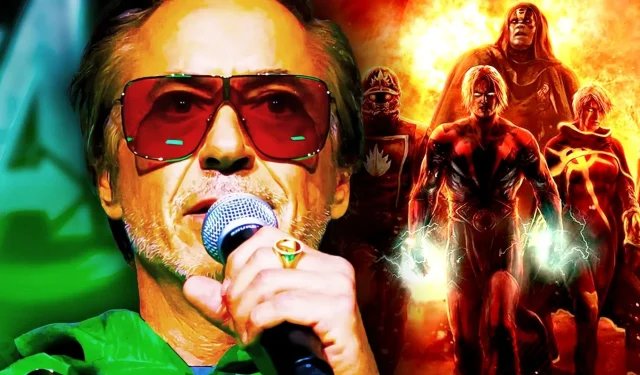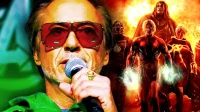With the highly anticipated release of Avengers: Doomsday on the horizon, it’s an ideal moment to delve into the intricate dynamics of intergalactic politics that underpin Marvel’s cosmic narratives. A central feature of this universe is the illustrious Galactic Council, consisting of formidable empires and planets, responsible for shaping the power dynamics across Marvel’s universe. As these great powers continuously evolve, they confront significant challenges and uncertainties that impact their political landscapes.
Marvel’s cosmic entities have transformed from simplistic alien threats into sophisticated political organizations rich in unique cultural ideologies and leadership structures. These civilizations often symbolize the complexities of imperialism, rebellion, and warfare, mirroring Earth’s intricate political realities on a grand scale. This narrative evolution sets a compelling backdrop for stories like Avengers: Doomsday, where historical rivalries and shifting alliances determine the fate of the Marvel universe.
This article will focus specifically on the key members of the Galactic Council.
10 The Kree/Skrull Alliance
Leader: Emperor Dorrek VIII (Hulkling)
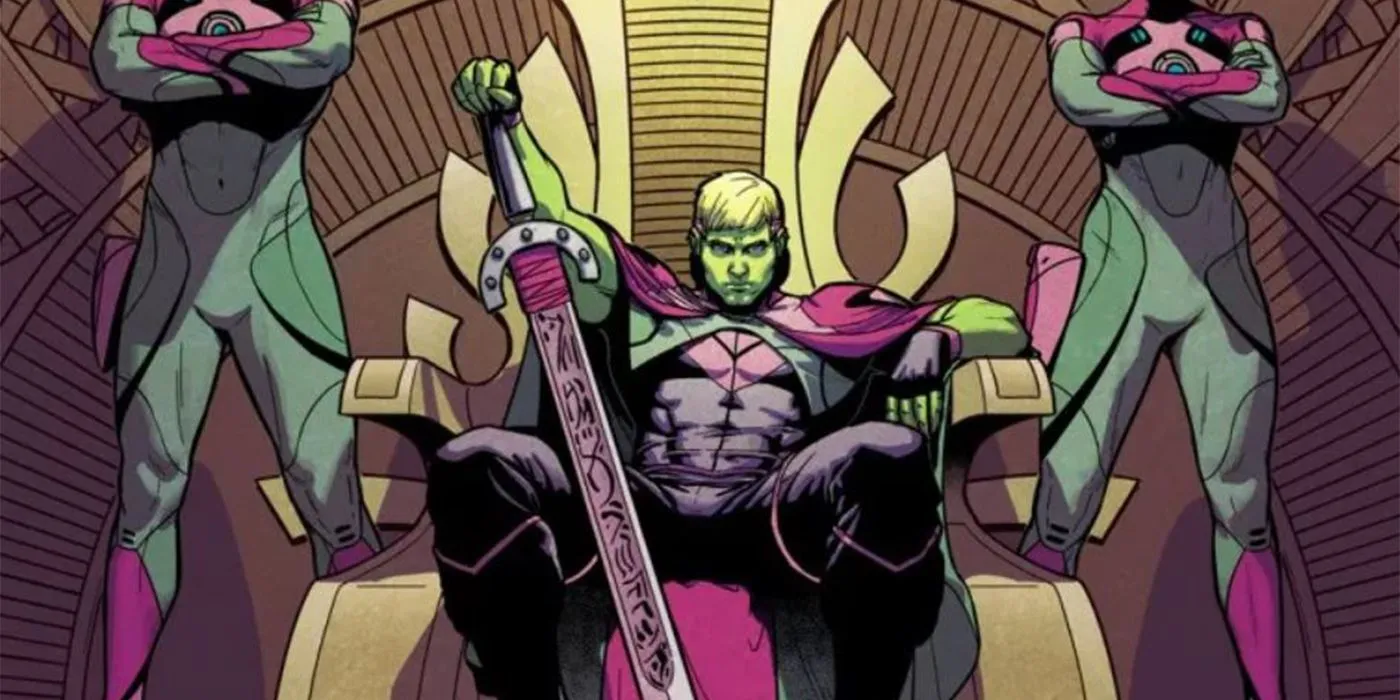
The Kree and Skrull Empires were once embroiled in a bitter and protracted conflict that deeply influenced the narrative of Marvel’s cosmos and Earth itself. Historically, both races were imperialist supremacists, vying for domination and resources. However, with the emergence of young Avenger Hulkling, a new perspective was forged, compelling these former rivals to acknowledge each other as equals.
Born from the union of Kree hero Mar-Vell and Skrull Princess Anelle, Hulkling was prophesied to unite the two empires. During the dramatic “Empyre” storyline, the Cotati launched a genocidal campaign against their adversaries, triggering Hulkling’s intervention. His leadership proved vital in re-establishing harmony between the once-warring races, paving the way for a new era of cooperation.
9 The Shi’ar Empire
Representative: Majestrix Xandra Neramani
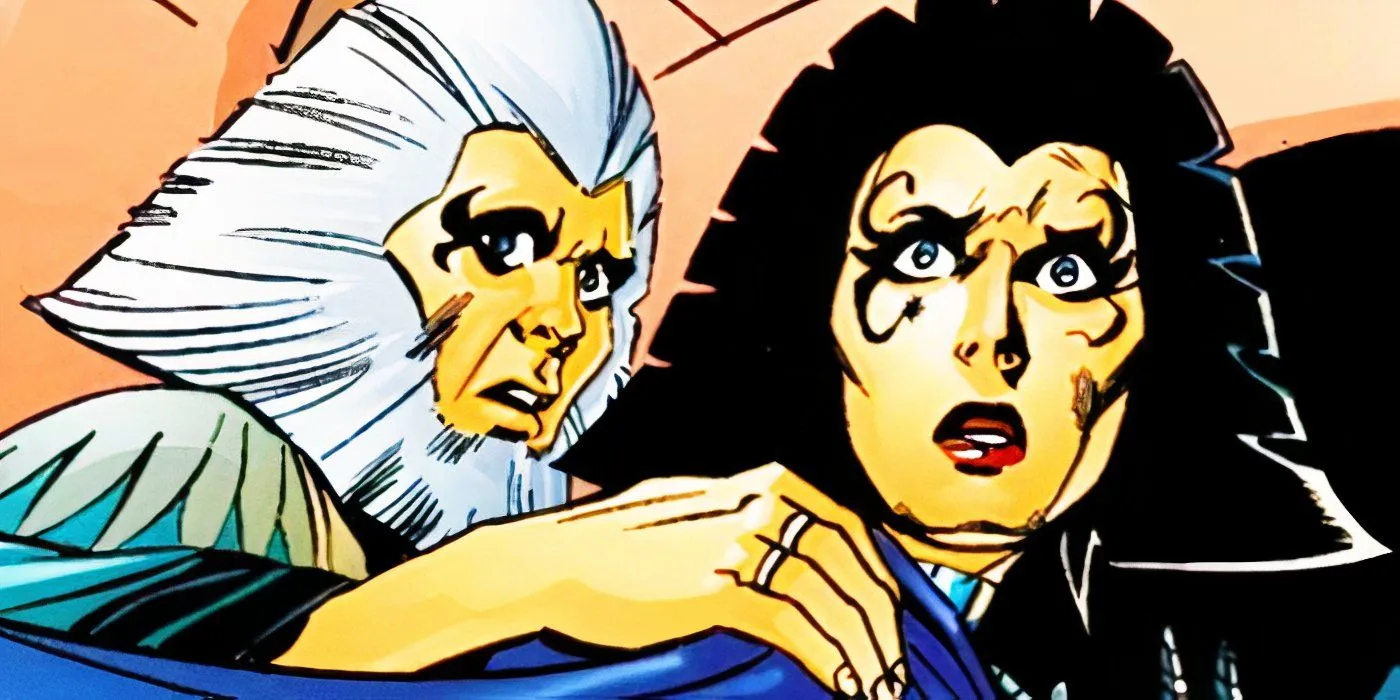
Among the significant intergalactic powers is the Shi’ar Empire, distinguished for its extensive political and military influence. Currently under the leadership of Xandra Neramani, daughter of Professor X and former Majestrix Lilandra, the empire is undergoing a transformative era reminiscent of its tumultuous past marked by imperialism and warfare.
Her ascent to power, highlighted in Jonathan Hickman’s X-Men (2019), signifies a departure from the empire’s history of warfare into a more progressive future. However, Xandra faces challenges reconciling her reformist ideals with the deep-rooted militaristic traditions of the Shi’ar, leading to internal conflict within the royal military. As Marvel prepares for the Imperial event, the Shi’ar Empire stands at a critical crossroads.
8 The Spartax Empire
Representative: Empress Victoria
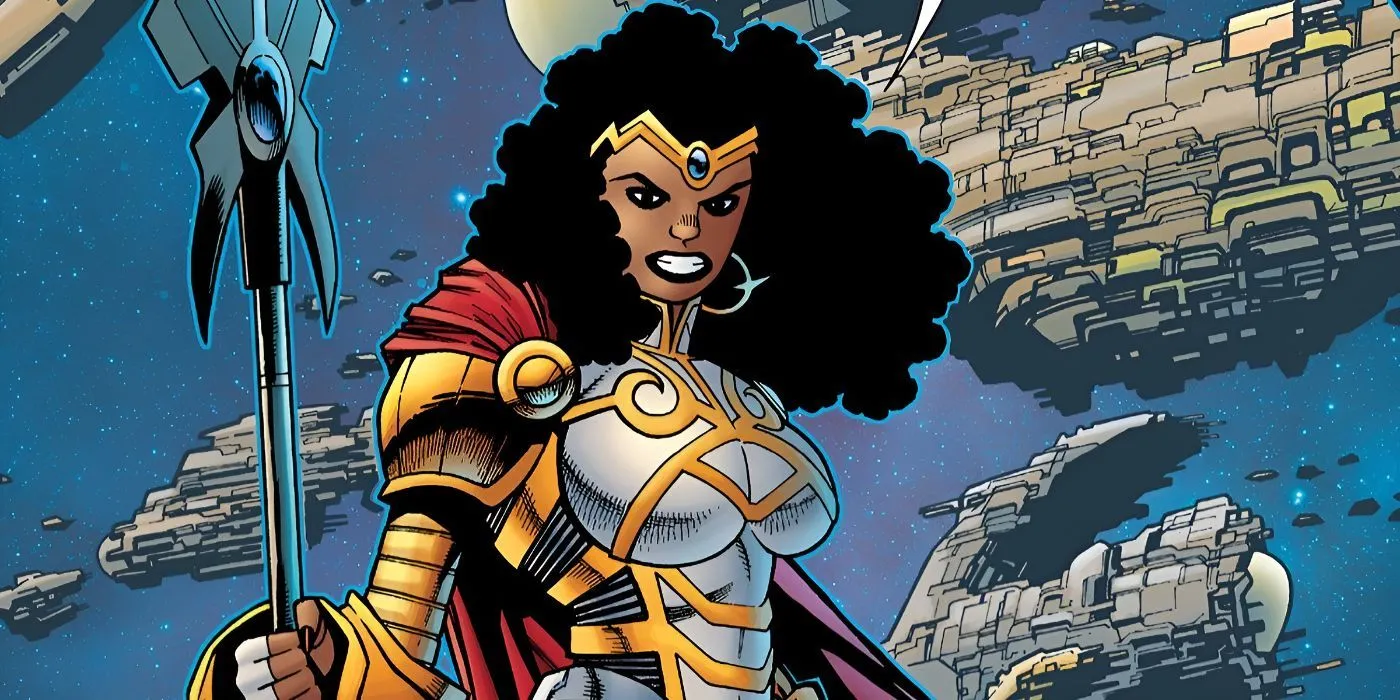
The Spartax Empire’s legacy is rooted in the imperialistic reign of Empress Victoria’s father, J’son, who sought to conquer the galaxy. Following his downfall at the hands of his son, Peter Quill, better known as Star-Lord, the power dynamics transitioned as Peter briefly ruled before his sister stepped into power. Empress Victoria has since charted a new course for the empire, focusing on alliances rather than conquests, creating a paradigm shift from a military-oriented regime towards a more democratic monarchy.
Although the Spartax Empire has not featured prominently in recent comics, anticipation builds for its return during Marvel’s upcoming Imperial event, signaling its renewed importance in the cosmic narrative.
7 The Rigellian Empire
Representative: Mentacle
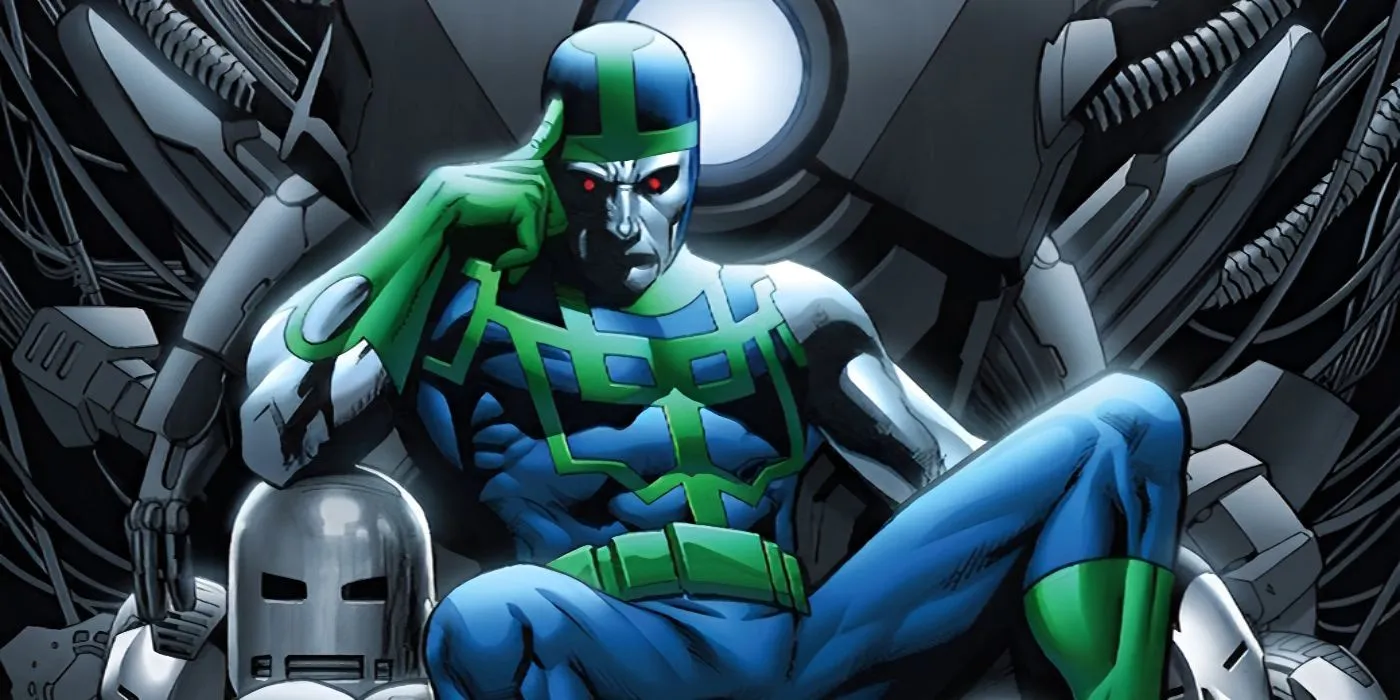
The Rigellian Empire represents a highly technological civilization that once expanded through imperial conquests, selecting leaders based on intellect and innovation. Unlike traditional monarchies, Rigellians value knowledge and logical reasoning over emotional connections, often resulting in a lack of empathy towards the colonies they govern.
Historically headed by a Grand Commissioner, the empire now finds its leadership in the hands of Mentacle, a powerful telepath notable for challenging Charles Xavier’s mental prowess. Although more peaceful than some counterparts, the empire struggles with moral dilemmas regarding its treatment of subjugated beings, especially mutants they regard as experiments.
6 Great Kymellia
Representative: Nymbis Sternhoof
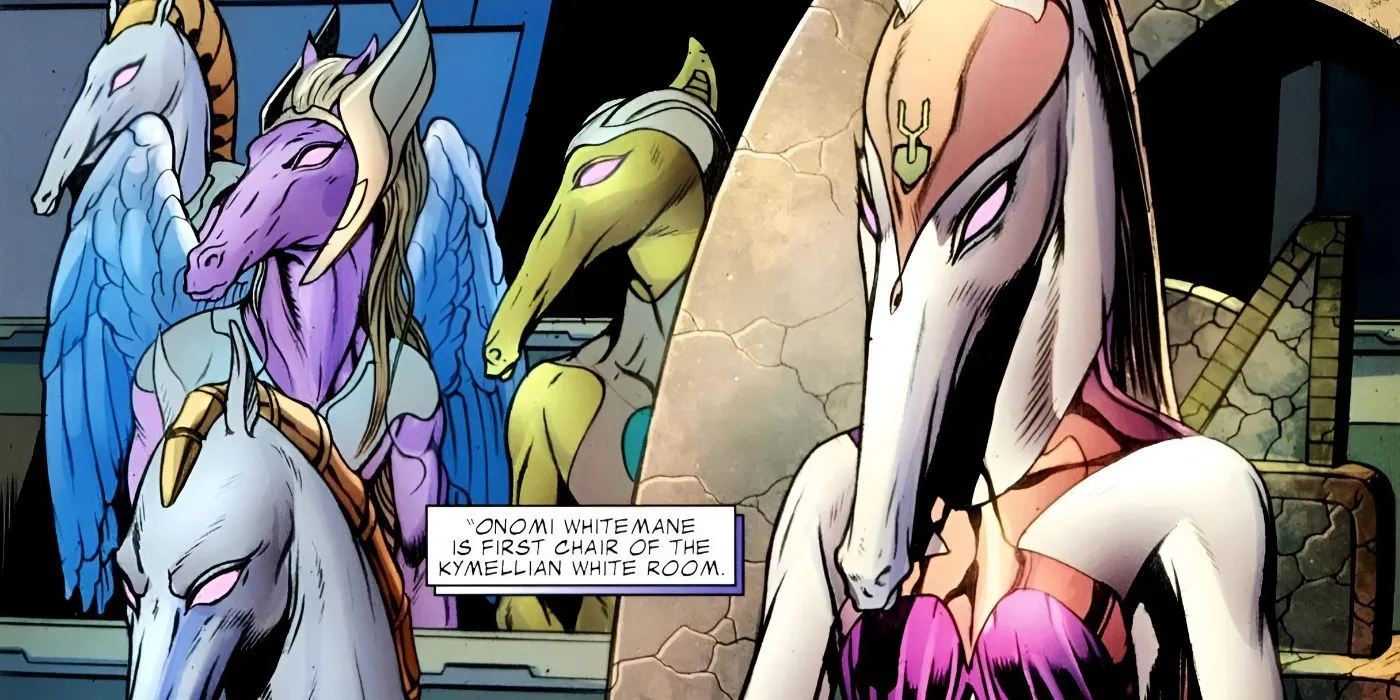
The Kymellians, a remarkable horse-like alien race, have made strides in bioengineering and molecular manipulation. After a catastrophic mishap involving antimatter technology led to the obliteration of their homeworld, they utilized their innovative skills to create a new sanctuary for themselves. Presently, they are admired for their advanced biological expertise and latent superpowers.
Nymbis Sternhoof currently leads Great Kymellia, fostering collaborative ties with Earth’s mutant population. The Kymellians advocate for ecological stewardship, drawing lessons from their catastrophic past to urge for technological restraint and responsible scientific practices.
5 The Galactic Rim Collective
Representative: Orbis Stellaris
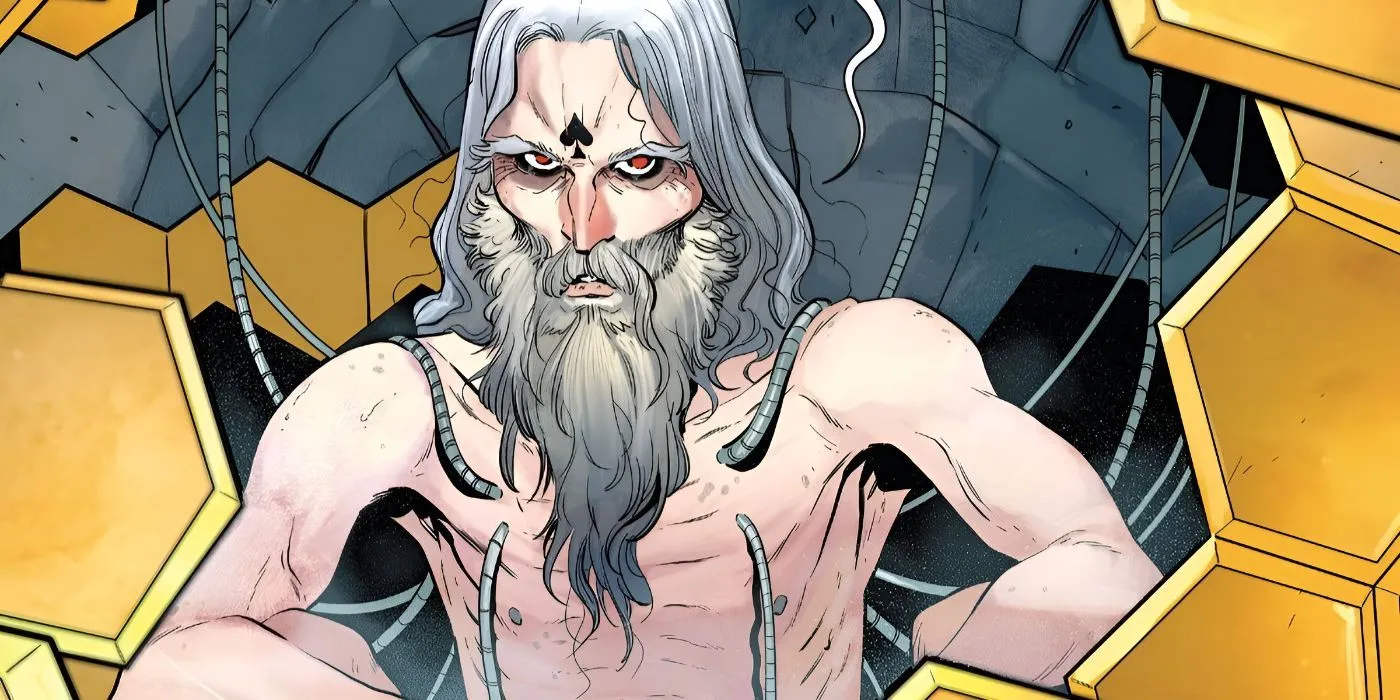
As a relatively recent addition to the cosmic arena, the Galactic Rim Collective comprises smaller planets and governments lacking individual representation in the Galactic Council. When Hercules encountered the Collective, he likened it to Earth’s European Union, underscoring its cooperative nature.
Orbis Stellaris, a clone of Nathaniel Essex, represents the Galactic Rim Collective, highlighting the complex moral quandaries posed by technology. His unpredictable nature has led to uncertainty within the Collective, positioning him as an agent of chaos within the broader intergalactic framework.
4 The Intergalactic Empire of Wakanda
Representative: Regent M’Baku
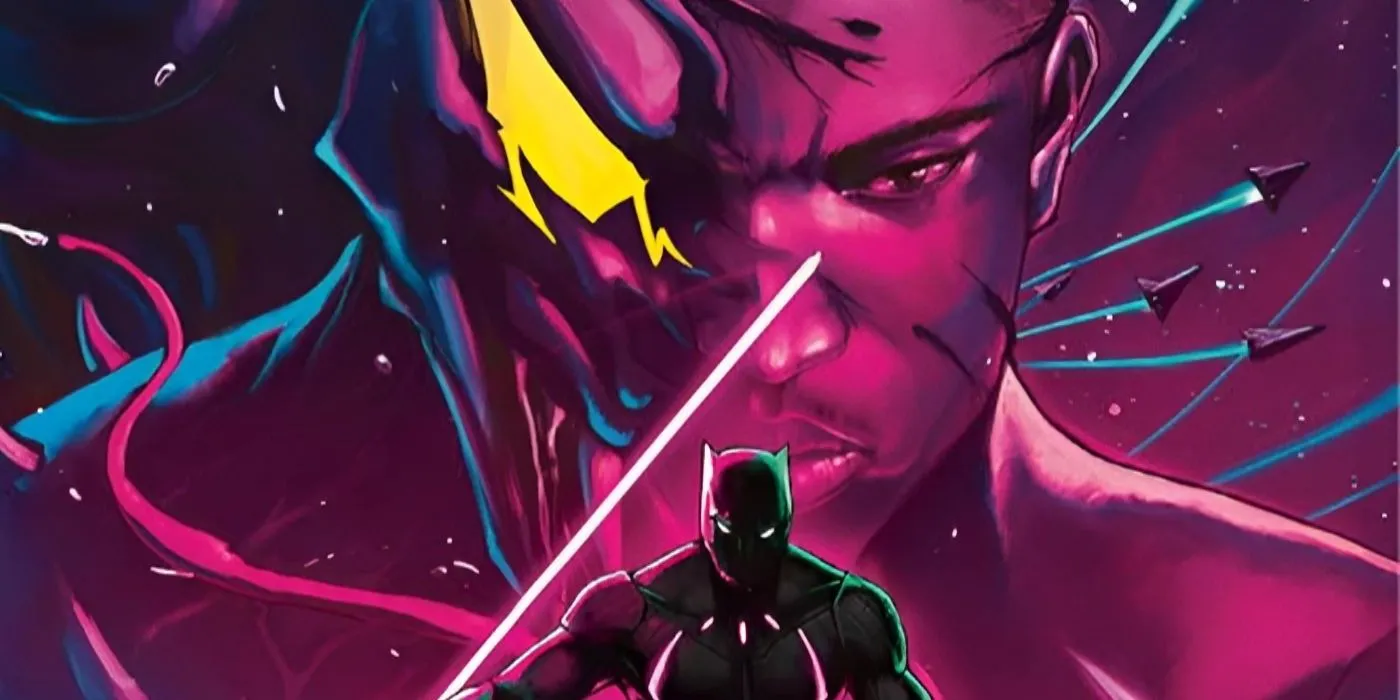
Originating from Earth, the Intergalactic Empire of Wakanda evolved through a unique narrative in Black Panther #12 (2019), where King T’Challa sent a team into space to explore the origins of vibranium. This mission resulted in them being sent 2000 years into the past, prompting the team’s establishment of a new Wakandan nation in the cosmos.
Over centuries, this time-displaced society grew into an expansive empire, marked by aggressive imperialism under the rule of the tyrannical N’Jadaka. Following a coup led by King T’Challa, M’Baku now oversees the empire, striving for a preferable path between imperialism and cooperation.
3 The Zn’rx Empire
Representative: Empress Kuga
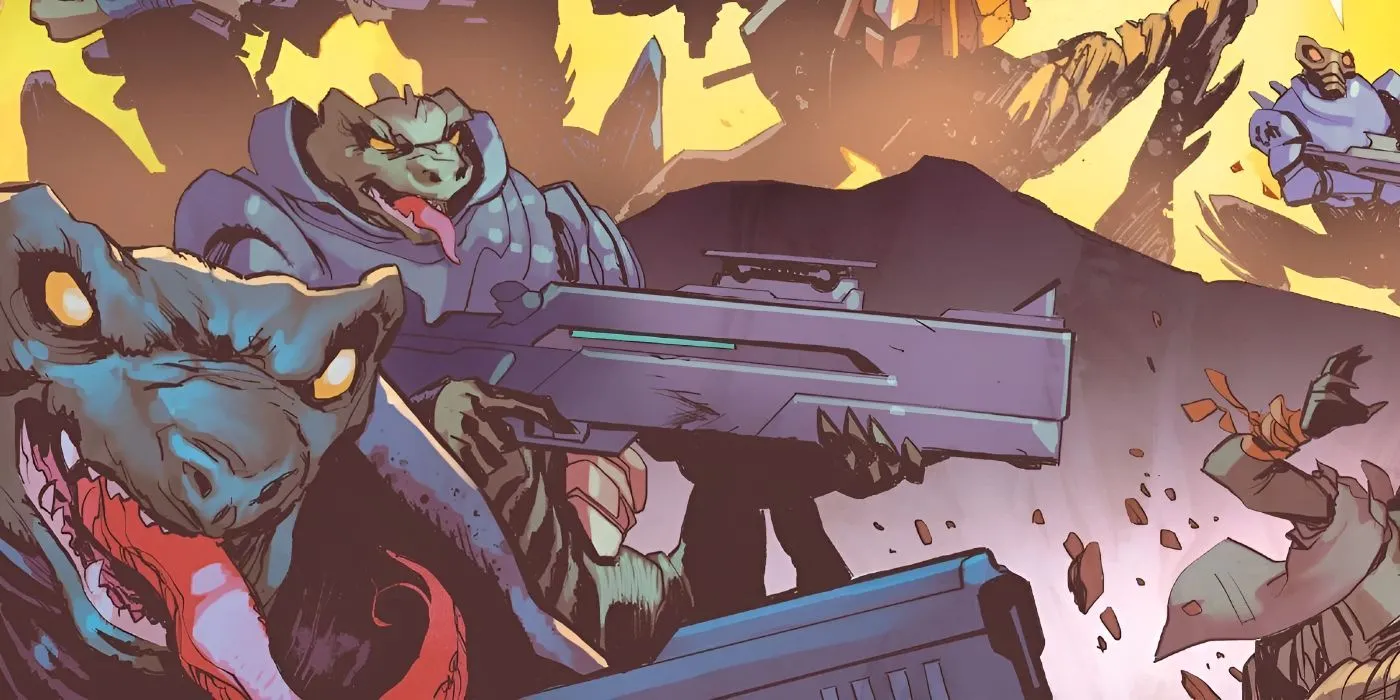
The Zn’rx, or Snarks, are a warlike insectoid race fixated on seizing superpowers from neighboring civilizations, particularly the Kymellians. Under Empress Kuga’s rule, the Zn’rx Empire has intensified its aggressive expansion, posing a growing threat during the chaotic periods within the Galactic Council.
Though often regarded as a lesser power, the Zn’rx have established a foothold in the black market, complicating intergalactic relations and further solidifying their presence amidst the Council’s political maneuvers.
2 The Nova Corps
Representative: Richard Rider
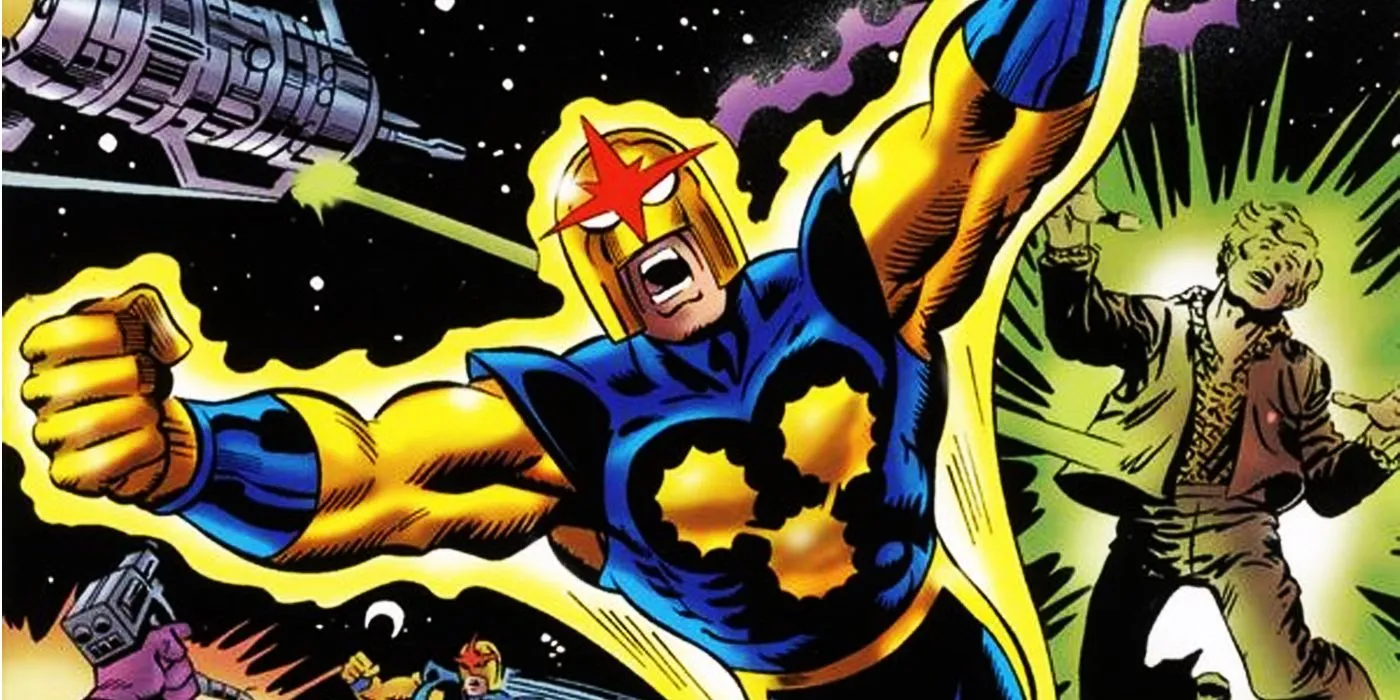
A stark contrast to the previous empires, the Nova Corps began as peacekeepers for the Xandarian Empire but suffered catastrophic losses following its destruction by the Annihilation Wave. Currently, the Corps exists as a more loosely aligned group lacking the official authority it once wielded, yet Richard Rider persists as a representative within the Galactic Council.
Despite their diminished stature, Rider champions a morally sound approach that often clashes with the larger imperial powers within the Council. Their reputation as rogue heroes endures, highlighting their resilience amidst chaos in the galaxy.
1 Earth
Representative: Doctor Doom
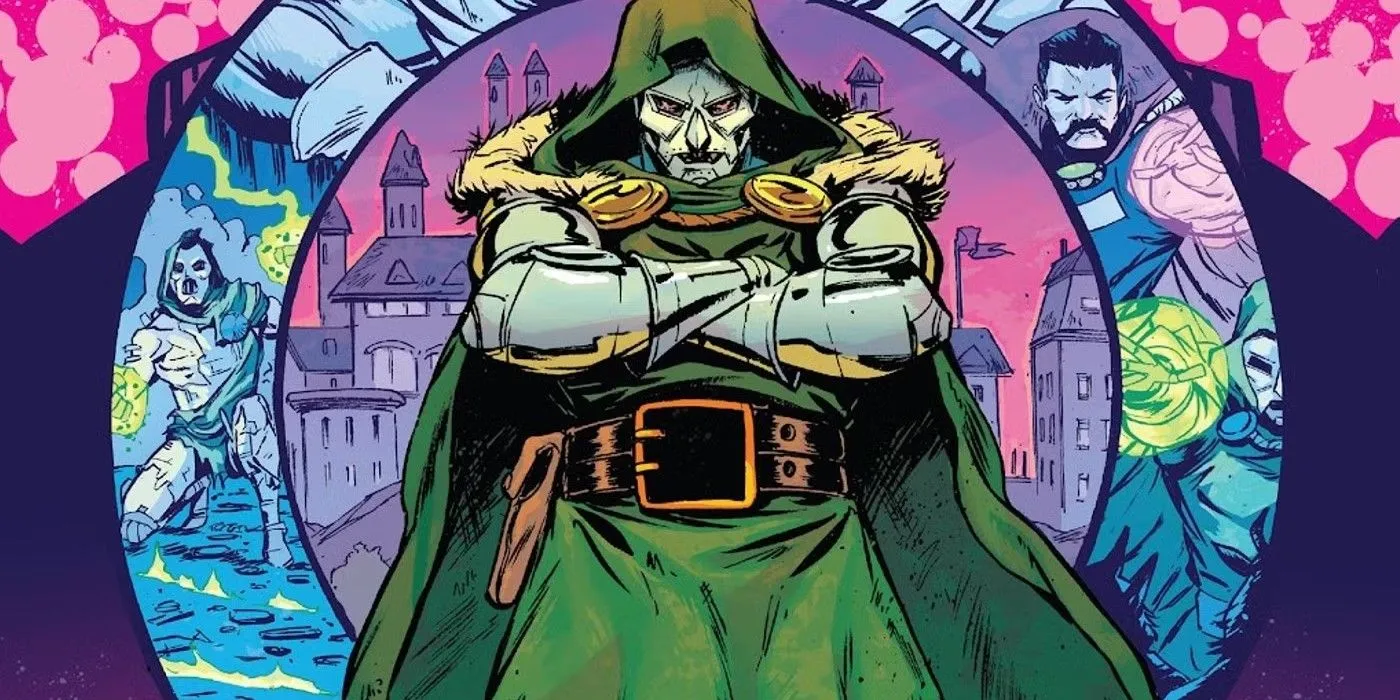
Although Earth lacks an official intergalactic government, its vast array of superpowered beings and ancient deities has granted it respect among the Galactic Council’s members. During the rise of the Krakoan era, the mutant nation of Krakoa asserted its presence, igniting controversy with Victor Von Doom, who maintained that only he could adequately represent Earth in intergalactic matters.
Opting to represent Earth himself, Doctor Doom’s position as Emperor Supreme has solidified his influence on the Galactic Council. However, the shifting political landscape on Earth, with representatives such as Richard Rider occasionally stepping in, presents a complex dynamic for Doom and his aspirations for power.
